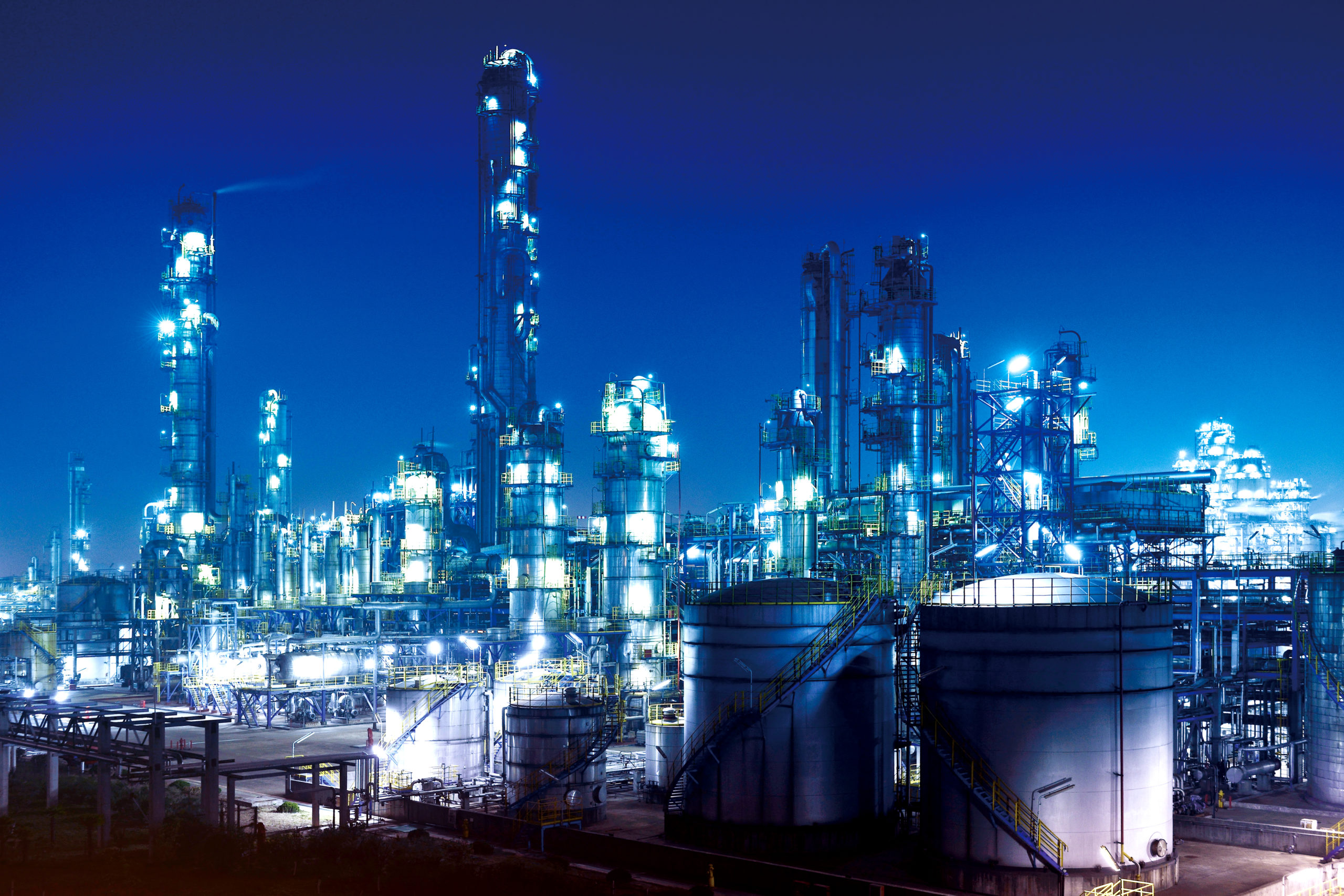Liquid Filtration Selection Guide
Liquid filtration is critical in various industries, such as pharmaceuticals, food and beverage, and chemicals. Its purpose is to remove impurities, clarify liquids, and ensure & possibly improve product quality. Selecting the right filtration products for your application is crucial to achieving optimal results. With numerous options available, it can be overwhelming to determine the most suitable product(s). This filter selection guide will highlight key factors to consider and provide examples of liquid filtration products to help you make an informed decision.
Identify Filtration Objectives
The first step in selecting liquid filtration products is to determine your filtration objective.
What are you trying to achieve with the filtration process?
Do you need to remove particulate matter?
Reduce/remove contaminants?
Clarification of the liquid?
Separate phases?
Improve product quality?
Gel removal or reduction?
Understanding your objectives will guide you in choosing the right type of filter products, such as high-flow filters, filter cartridges, filter bags, filter sheets, lenticular filters, membranes, coalescing, or adsorption technology.
Examples: In the pharmaceutical industry, where stringent purity requirements are essential, the filtration objective may be to remove sub-micron particles and microorganisms from the liquid to ensure product safety and compliance with regulatory standards. Filter products such as membrane filters with defined pore sizes are typical. On the other hand, an objective in your process may be to remove larger micron-rated contaminants. Bag filters are a more cost-effective solution that allows for easy change-outs.
Chemical Compatibility
The composition of the liquid being filtered plays a role in selecting the appropriate filtration products. Factors such as pH, temperature, chemical compatibility, and viscosity can determine the choice of filter materials and construction. Proper selection of filter media and materials of construction is critical to avoid filter failure, unsafe operating conditions, and product or system upset/downtime.
Example: In a chemical manufacturing process where corrosive chemicals are being filtered proper selection of filter products materials of construction are key to longevity. Polypropylene or stainless steel components provide significant resistance to corrosive chemicals and are the typical choice in these applications.
Determining Particle Size, Evaluating Flow Rates, Nominal or Absolute Retention, and Choosing the Correct Filter Media
Understanding the particle size of impurities or contaminants in the liquid is essential in choosing the right filter product. Filter products have varying micron ratings and efficiencies. For larger-sized particulate, bag filters, and depth filter cartridges are typically more efficient. For smaller and even sub-micronic particulate pleated depth and pleated membrane filters are optimal.
Take into consideration the desired flow rate of the liquid in your process. High flow rates may require filters with large surface areas or higher porosity to prevent clogging. While lower flow rates may allow for more precise filtration with finer pore sizes. Filter bags and high-flow filter cartridges are designed for higher flow rates without clogging extending their life. While pleated depth filters and pleated membrane filters may foul faster at higher flow rates but offer better capture of deformable particles.
Selecting the appropriate filter media (nominal vs absolute rating which can vary by manufacturer) is crucial for liquid filtration. Factors such as chemical compatibility, particle size, and flow rate requirements should be considered. Standard filter media used in liquid filtration include polypropylene, polyester, polysulfone, polyethersulfone, nylon, cotton, PTFE, stainless steel, and glass fiber. Want to learn more about nominal vs absolute ratings contact Waco Filters here.
Example: Process water at a large-scale bottling plant requires high volumes of water to be filtered before use. High-flow filters and bag filters with large surface areas allow for efficient filtration while extending filter life.
Select Filter Type
Selecting the right liquid filtration products is crucial for achieving optimum performance results in various processes and applications. Identifying filtration objectives, analyzing chemical properties, determining particle size, evaluating flow rate, choosing filter media, and selecting the appropriate filter type, allows you to make an informed decision. Examples provided in this guide highlight how different industries have specific requirements and considerations in selecting liquid filtration products. Consulting with Waco’s filtration experts and conducting thorough research will help you choose the best products for your specific needs, ensuring efficient and reliable filtration of your liquid processes.

Contact Waco Filters if you need help selecting a filter for your process or if you are looking to optimize your filtration.
